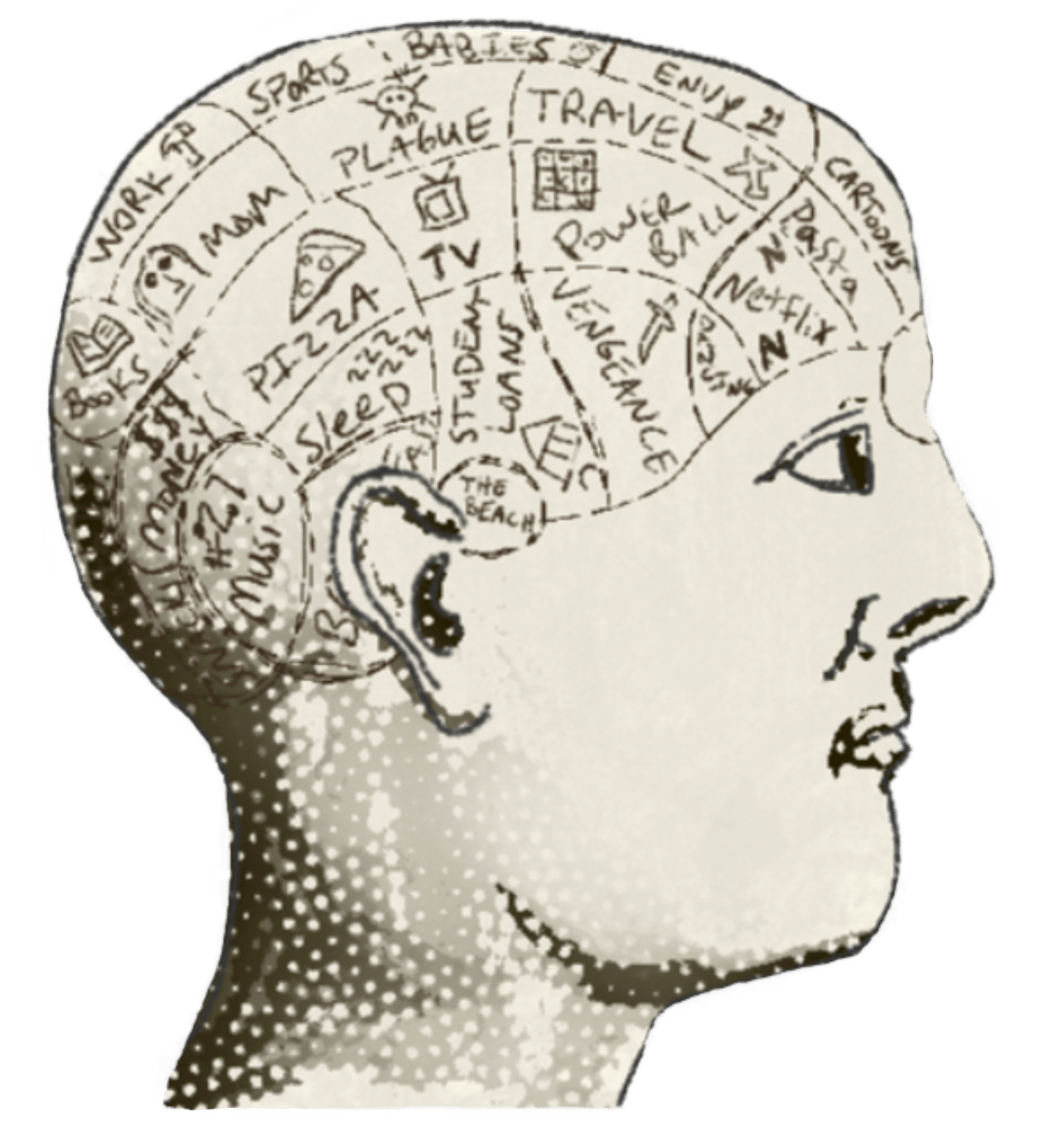The Cultural Leadership Laboratory
Value Articulation Intensive
Strategic development for museum directors ready to leverage breakthrough research on institutional impact.
Limited to 12 participants — 9 spots remaining
The Challenge
Museum directors excel at communicating value to traditional supporters. When presenting to museum-friendly boards, cultural foundations, and engaged donors, you speak fluently about your mission, how you support topic-specific education, engagement, and programming investment, and all those topics that have historically resonated with your most engaged museum audiences.
But when facing stakeholders who don’t start from this historic frame of reference, who in fact might even be skeptical of the value of museums, many directors retreat to familiar territory: attendance demographics, traditional economic indicators like tourism dollars, or educational program descriptions.
However, there is a growing body of recent research that reveals that museums generate measurable community value in the form of enhanced personal and intellectual wellbeing, social connection, and significant physical and mental health benefits — outcomes worth hundreds of dollars per visit. Yet most directors don’t leverage this data when it matters most or bring it to the attention of those who are most invested in these types of outcomes.
The gap isn’t leadership capability or institutional vision. You’ve successfully built stakeholder relationships and secured significant traditional support. The challenge is speaking the language of stakeholders whose primary interests extend beyond cultural appreciation or enhanced literacy — those who care about workforce development, community health, social connection, or economic impact, regardless of their feelings about museums specifically. This requires understanding and reframing existing institutional capabilities rather than developing entirely new ones. The value exists — the translation doesn't.
The Opportunity
Research from the Institute for Learning Innovation shows cultural experiences generate specific human outcomes that non-traditional funders actively support: reduced social isolation and increased social capital, enhanced cognitive flexibility, measurable stress reduction, improved problem-solving confidence, and much more.
Corporate wellness programs need employee engagement solutions. Community health initiatives focus on social connection. Economic development organizations track workforce well-being. Educational funders are committed to supporting efforts that enhance curiosity and commitment to lifelong learning.
When you can demonstrate that museum experiences generate the specific outcomes these stakeholders desire, you’re speaking their language. This positions your institution as essential infrastructure for goals they’re already funding, opening access to resources that dwarf traditional cultural philanthropy.
The Laboratory
The Cultural Leadership Laboratory convenes directors to address critical challenges through peer learning and strategic implementation. Each intensive session focuses on a specific leadership challenge that requires both mindset shifts and practical application.
This fall’s intensive program addresses value communication — developing frameworks that connect institutional capabilities with stakeholder outcome language. The peer environment enables testing value articulation approaches before implementing them with actual funders.
Eight-Week Structure
Four Core Sessions provide the foundation, with two Strategic Support Sessions offering implementation guidance between intensive work.
Required Sessions
Foundation Building (September 18): Learn the economic frameworks connecting cultural experiences to community outcomes. You'll leave with clear value propositions that connect your current programming to specific community outcomes funders actively seek.
Language Development (October 2): Stakeholder-specific messaging frameworks. Design of field assignments for structured testing with real prospects.
Integration Planning (October 30): Framework refinement based on actual conversations. Development of institution-specific implementation strategies.
Share Results (November 13): Community discussion of insights and peer learning outcomes, preserving individual privacy while advancing sector understanding.
Optional Support Sessions
Office Hours and Coworking (October 16)
Office Hours and Coworking (October 23)
Sessions will be held in the afternoons (Eastern time). Specific times will be set based on the availability of the first five participants who enroll.
Requirements
Each participant engages in at least two stakeholder conversations during the four-week period between Sessions 2 and 4.
You'll engage with stakeholders from at least two of these categories: board members, museum supporters, donors, or government officials. We require at least one conversation with either a board member or a known museum supporter, and at least one with either a donor or a government official.
This structure ensures both supported practice with familiar relationships and stretch conversations that reveal new possibilities for value communication.
Fee
Executive development programs often cost $10,000+. This lab is $3,000.
Progress Circle participants can register for $2,500; If your institution is enrolled in MaP³, the fee is $1,500. Email community[at]museumprogress.com to register at the applicable member rate.
Outcomes
Participants develop systematic approaches for presenting institutional impact to non-traditional stakeholders. You’ll gain tested messaging frameworks, confidence with cross-sector prospects, and strategies for identifying funding aligned with demonstrated community outcomes.
By completion, you’ll have field-tested value communication with real stakeholders, refined approaches based on actual responses, and created implementation plans for your institutional context.
Program Leadership
Kyle Bowen and John Falk co-facilitate, combining research expertise in museum community impact with practical institutional development experience.
Dr. John Falk, Value Realization Partner
John transforms how museums demonstrate value through groundbreaking free-choice learning research. His work reveals how cultural institutions support public well-being by fostering curiosity, personal growth, and enhanced physical and mental health.
Kyle Bowen, MaP Founder
Kyle exposes the hidden assumptions that limit cultural organizations' impact. While institutions optimize for familiar metrics, they often ignore the diverse motivations that bring people through their doors. His approach helps organizations recognize their true strategic advantage: the ability to support human progress in ways that extend far beyond traditional educational outcomes.
Register
If you’re new to MaP, we encourage you to schedule a call to learn more and assess whether participation is right for you.
For those familiar with our approach and ready to secure their spot, you can register here.
Contact Kyle Bowen at kyle[at]museumprogress.com with questions.


